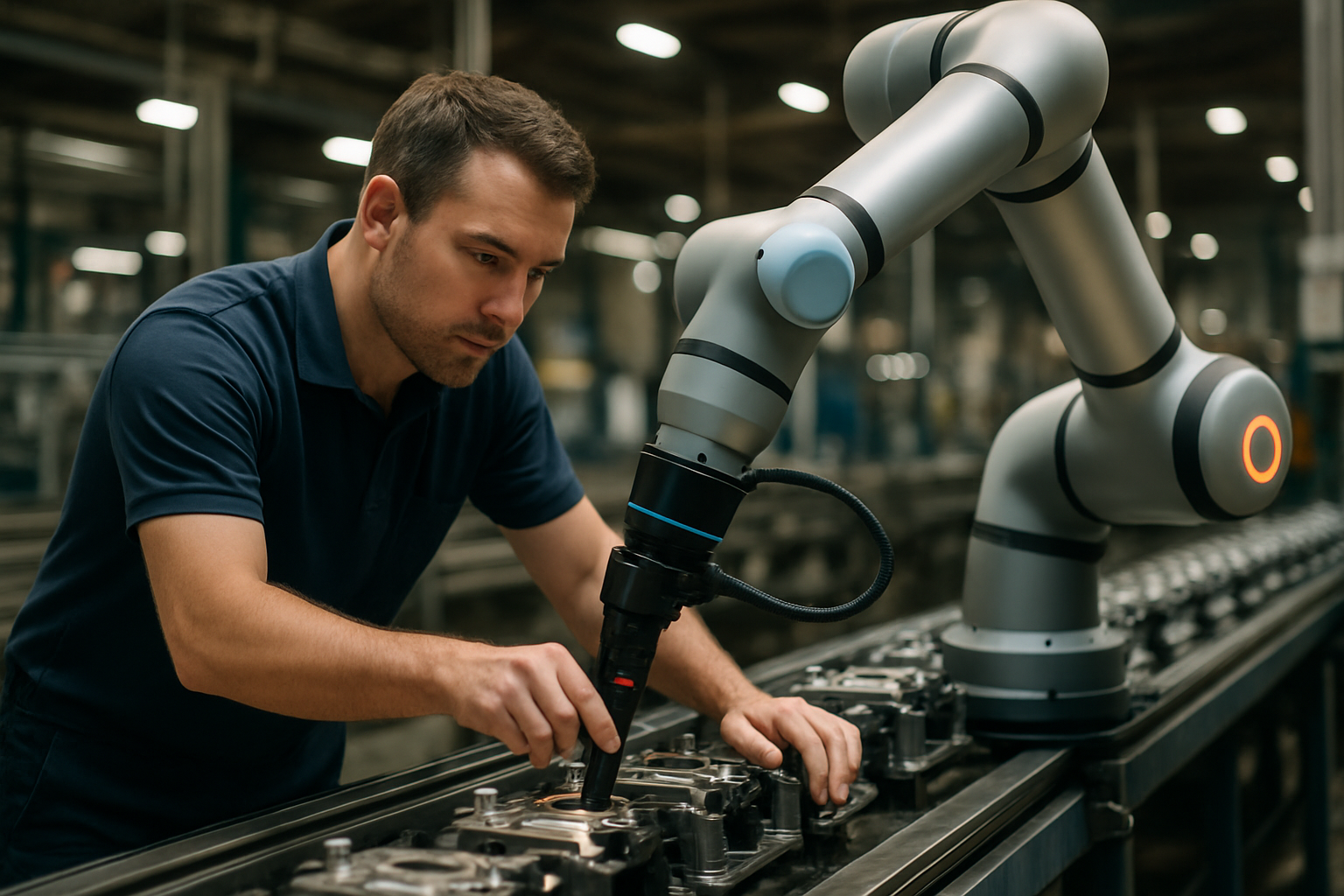Modular Production Systems: Redefining Industrial Flexibility
Modular production systems are revolutionizing industrial operations, offering unprecedented flexibility and efficiency in manufacturing processes. This innovative approach to production line design allows companies to adapt quickly to changing market demands, reduce downtime, and optimize resource utilization. As businesses face increasing pressure to innovate and stay competitive, modular production systems are emerging as a game-changing solution for modern industrial challenges.

The Evolution of Production Line Design
Traditional production lines have long been the backbone of manufacturing, characterized by fixed, linear processes optimized for high-volume production of standardized goods. While effective for mass production, these rigid systems often struggle to accommodate product variations or respond quickly to market shifts. The roots of modular production can be traced back to the mid-20th century, with early experiments in flexible manufacturing systems. However, it wasn’t until recent advancements in automation, robotics, and digital technologies that the full potential of modular production began to be realized.
Key Components of Modular Production Systems
Modular production systems consist of several interconnected elements that work together to create a flexible and efficient manufacturing environment. At the core are the modular units themselves - self-contained workstations or production cells that can be easily moved, reconfigured, or replaced. These units are typically equipped with standardized interfaces for power, data, and material handling, allowing for plug-and-play functionality.
Supporting these modular units is a robust infrastructure of flexible conveyance systems, often utilizing automated guided vehicles (AGVs) or overhead transport systems. This allows for dynamic routing of products between modules, eliminating the constraints of fixed conveyor belts. Advanced control systems and software platforms coordinate the operation of individual modules and optimize overall production flow.
Benefits of Modular Production Systems
The adoption of modular production systems offers numerous advantages for manufacturers. One of the most significant benefits is increased flexibility in product mix and volume. Companies can quickly reconfigure their production lines to accommodate new products or variations, reducing time-to-market and enabling more responsive manufacturing strategies. This agility is particularly valuable in industries with rapidly changing consumer preferences or short product lifecycles.
Modular systems also contribute to improved operational efficiency. Maintenance and upgrades can be performed on individual modules without shutting down the entire production line, minimizing downtime and increasing overall equipment effectiveness (OEE). The standardized nature of modular components also simplifies spare parts management and reduces training requirements for maintenance personnel.
Furthermore, modular production systems offer scalability advantages. Companies can easily expand or contract their production capacity by adding or removing modules, allowing for more precise alignment of manufacturing capabilities with market demand. This scalability can lead to significant cost savings by reducing the need for large capital investments in fixed production infrastructure.
Challenges and Considerations
While the benefits of modular production systems are substantial, implementing this approach is not without challenges. One of the primary hurdles is the initial investment required to transition from traditional fixed production lines to modular systems. This includes not only the cost of new equipment but also potential disruptions to existing operations during the transition period.
Another consideration is the need for standardization across modules and interfaces. To fully realize the benefits of modularity, companies must carefully design and implement standardized protocols for power, data, and material handling. This may require collaboration with suppliers and industry partners to establish common standards and ensure interoperability between different modules and systems.
Additionally, the increased complexity of modular production systems demands more sophisticated control and monitoring systems. Companies must invest in advanced software platforms and train personnel to effectively manage and optimize these dynamic production environments.
Future Trends and Innovations
As technology continues to evolve, the capabilities of modular production systems are expected to expand further. Integration with emerging technologies such as artificial intelligence and machine learning will enable more advanced predictive maintenance and self-optimization of production processes. The development of more compact and versatile robotic systems will increase the range of tasks that can be performed within modular units.
Another promising trend is the concept of “mobile factories” - fully modular production facilities that can be rapidly deployed to different locations. This could revolutionize manufacturing strategies, allowing companies to bring production closer to customers or raw material sources as needed.
Implementing Modular Production: Key Considerations
-
Conduct a thorough analysis of current production processes to identify areas suitable for modularization
-
Invest in standardized interfaces and protocols to ensure seamless integration between modules
-
Develop a comprehensive change management plan to address workforce concerns and training needs
-
Start with pilot projects to test and refine modular concepts before full-scale implementation
-
Collaborate with equipment suppliers and industry partners to leverage existing modular solutions
-
Regularly assess and optimize module configurations to maximize efficiency and flexibility
In conclusion, modular production systems represent a significant leap forward in manufacturing flexibility and efficiency. By embracing this innovative approach, companies can position themselves to thrive in an increasingly dynamic and competitive industrial landscape. As technology continues to advance, the potential applications and benefits of modular production are likely to expand, making it a critical area of focus for forward-thinking manufacturers. Those who successfully implement and optimize modular production systems will be well-equipped to meet the challenges of tomorrow’s manufacturing environment.





